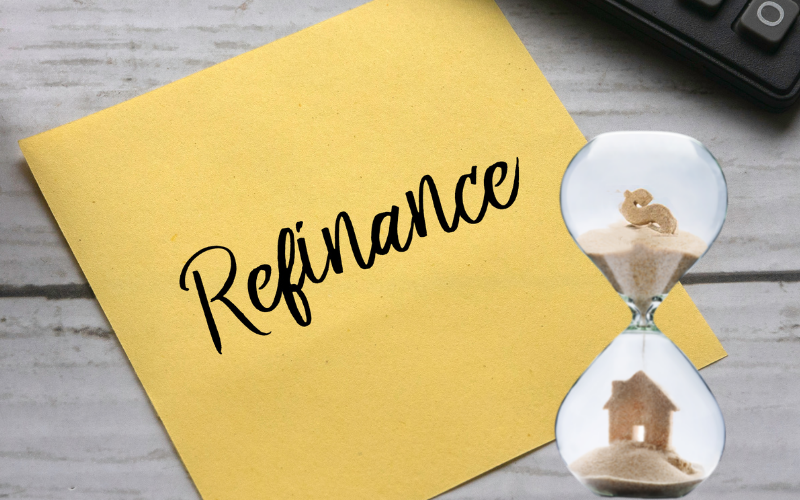What’s Ahead For Mortgage Rates This Week – May 15, 2023
 Last week’s scheduled economic reporting included readings on inflation, consumer sentiment, and weekly readings on mortgage rates and jobless claims.
Last week’s scheduled economic reporting included readings on inflation, consumer sentiment, and weekly readings on mortgage rates and jobless claims.
Inflation Rate Rises in April, Slower Pace Expected in Coming Months
The U.S. Labor Department reported the month-to-month pace of inflation rose by 0.40 percent in April and matched analysts’ expectations. April’s reading surpassed the March reading of 0.10 percent month-to-month inflationary growth. Inflation rose by 4.90 percent year-over-year in April. Analysts expect inflationary growth to continue, but at a slower pace through 2023.
Core inflation, which excludes volatile food and fuel sectors, rose at a month-to-month pace of 0.40 percent in April, which matched expectations and the March reading. Year-over-year core inflation rose by 4.90 percent in April as compared to the expected reading of 5.00 percent and the March reading of 5.00 percent.
Mortgage Rates Fall as Jobless Claims Rise
Freddie Mac reported lower average mortgage rates last week as rates for 30-year fixed-rate mortgages fell by four basis points to 6.35 percent. Rates for 15-year fixed-rate mortgages averaged one basis point lower at 5.75 percent. First-time jobless claims rose with 264,000 claims filed as compared to the expected reading of 245,000 claims and the prior week’s reading of 242,000 initial jobless claims filed.
As inflation slows, rapidly rising rental rates and home prices are also expected to increase at a slower pace. As homeownership becomes more affordable, fewer families will rely on rental homes. Less demand for rentals should help with easing very high rental rates seen in many metro areas. In general, more affordable housing choices could help ease housing challenges in areas with few affordable housing options.
The preliminary consumer sentiment survey for May reflects less consumer enthusiasm for current economic conditions. The initial index reading for May is 57.7, which fell short of the expected reading of 63.0 and April’s index reading of 63.5. May’s reading was the lowest since November 2022.
What’s Ahead
This week’s scheduled economic reporting includes readings on sales of previously-owned homes, housing market conditions, housing starts, and building permits issued. Weekly readings on mortgage rates and jobless claims will also be released.

 Last week’s economic news included reporting on construction spending, the Federal Reserve’s decision to raise its benchmark interest rate, and weekly readings on mortgage rates and jobless claims.
Last week’s economic news included reporting on construction spending, the Federal Reserve’s decision to raise its benchmark interest rate, and weekly readings on mortgage rates and jobless claims. Are you interested in refinancing your mortgage? There are a variety of reasons why you might want to refinance your home loan. For example, you might want to secure a lower interest rate, or you may want to reduce your monthly payment. You might even want to tap into the equity you have in your home for some quick cash. There are different loan options available, so you need to think carefully about which one is best for your needs.
Are you interested in refinancing your mortgage? There are a variety of reasons why you might want to refinance your home loan. For example, you might want to secure a lower interest rate, or you may want to reduce your monthly payment. You might even want to tap into the equity you have in your home for some quick cash. There are different loan options available, so you need to think carefully about which one is best for your needs.